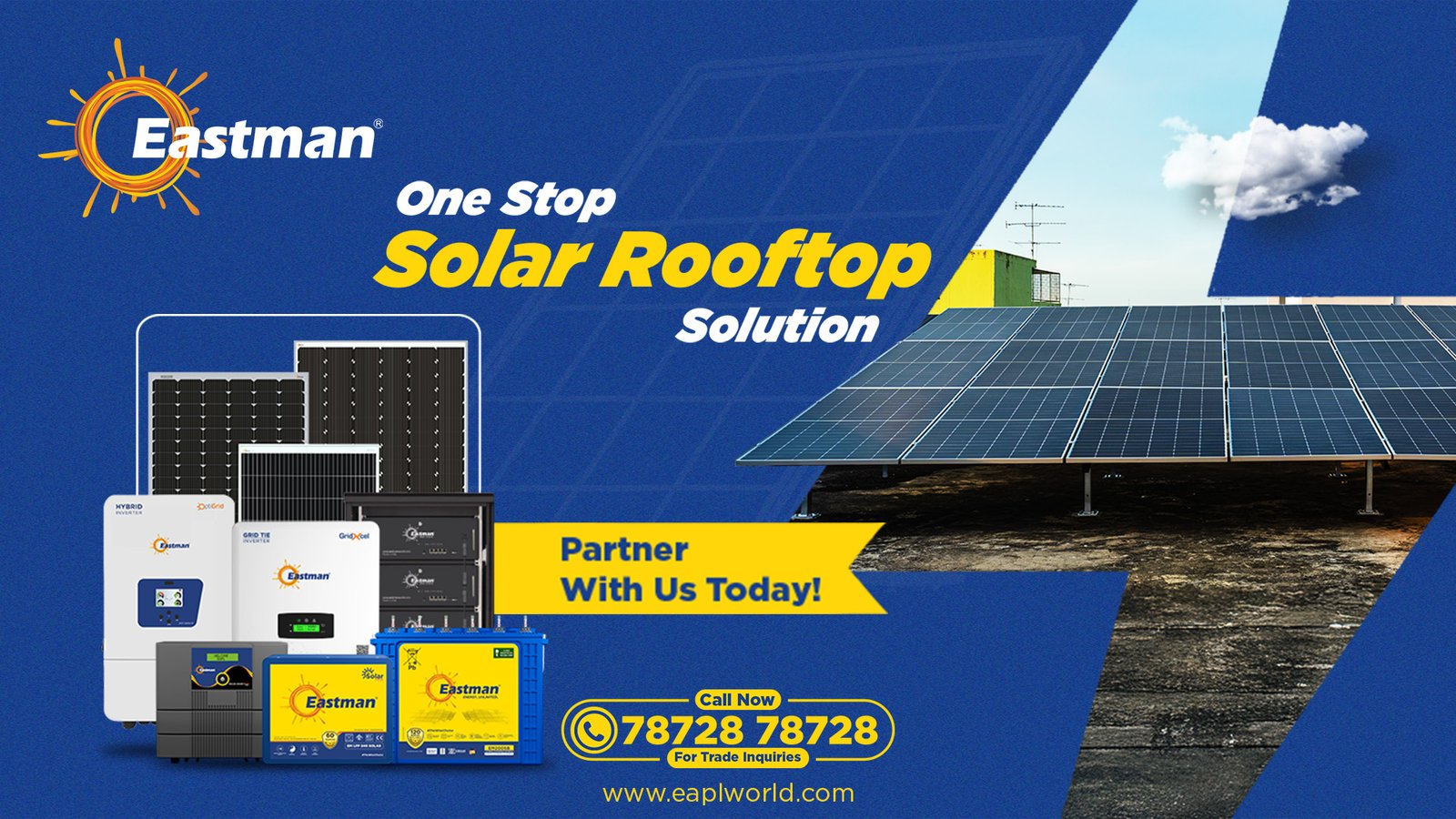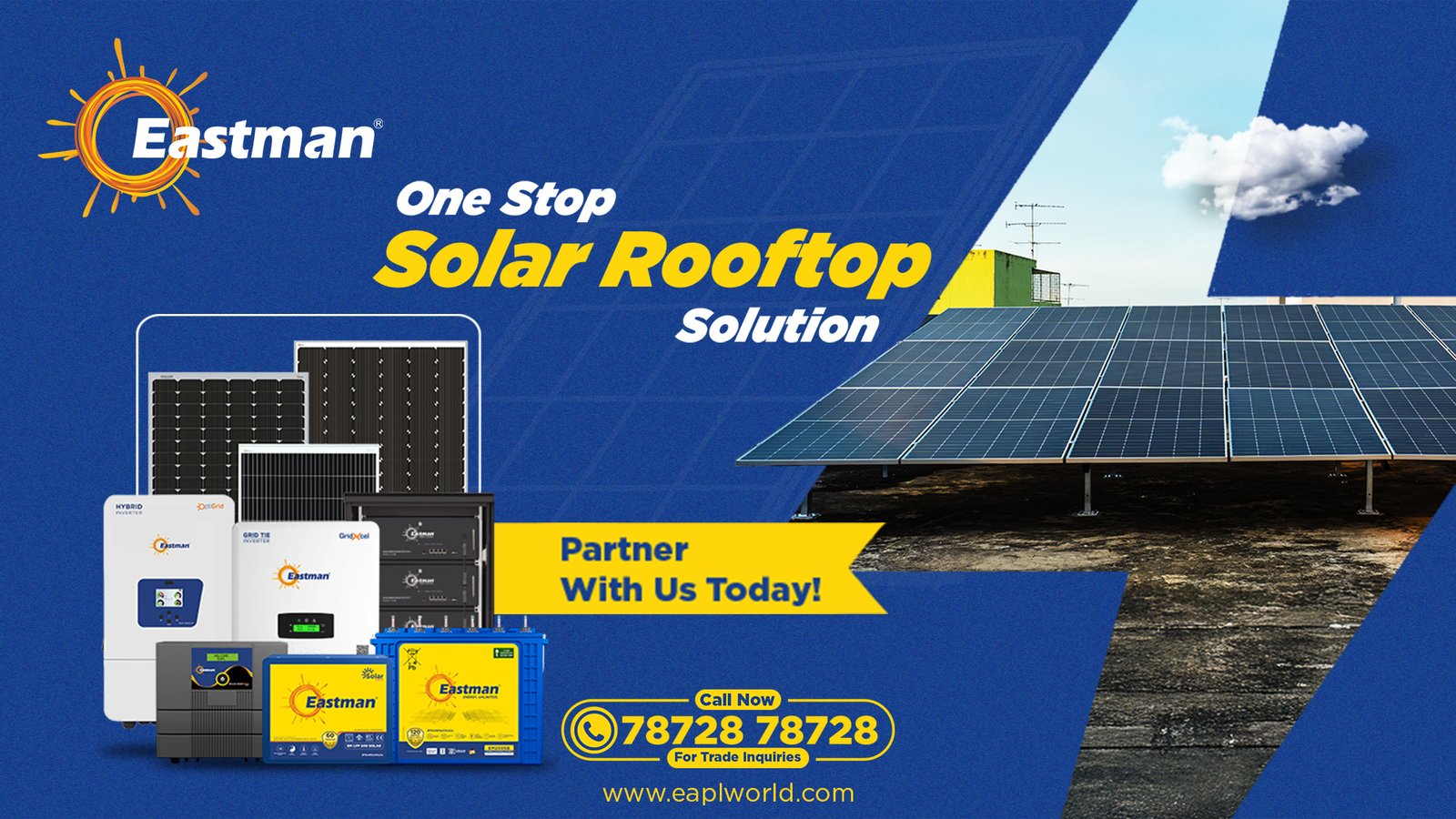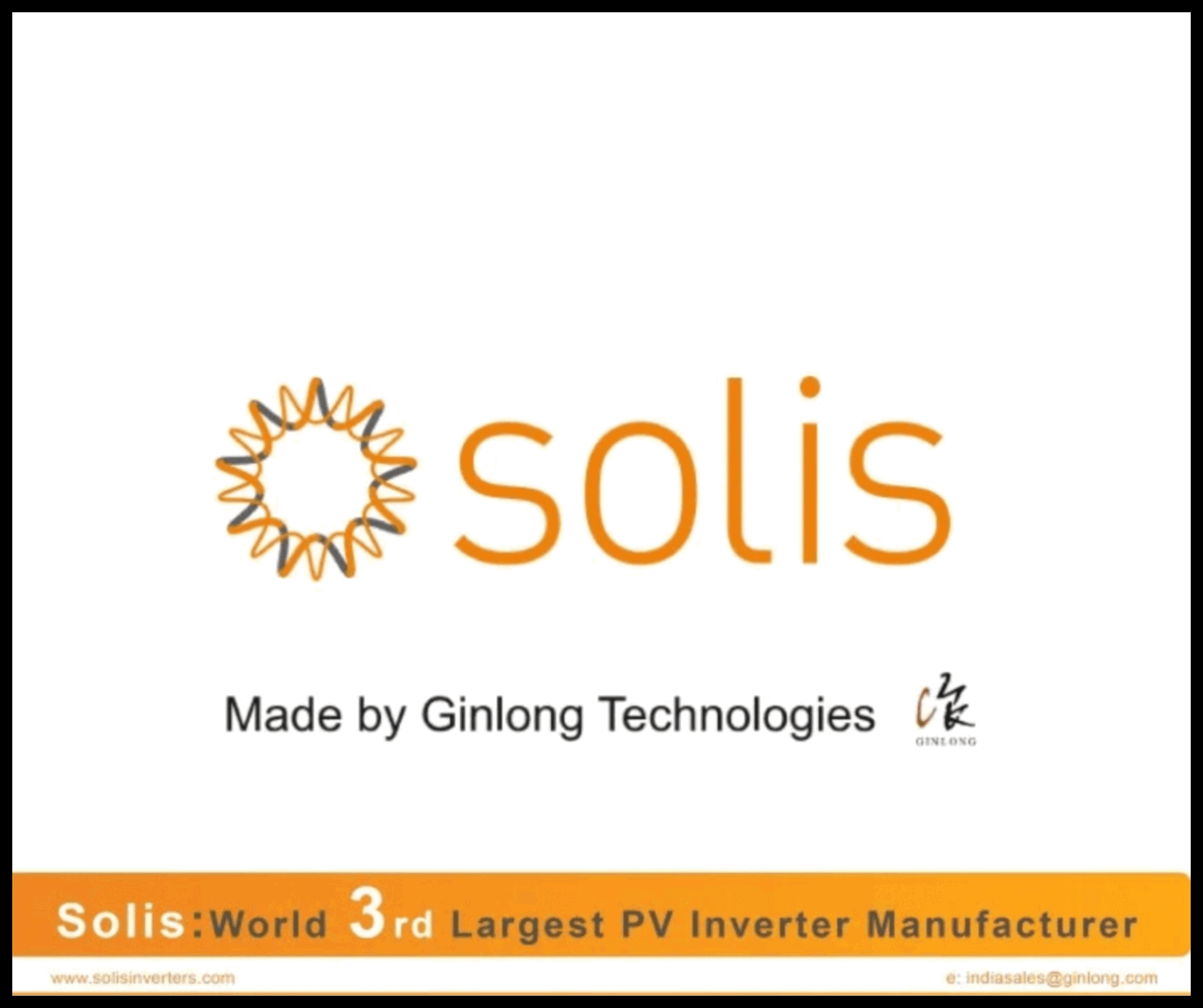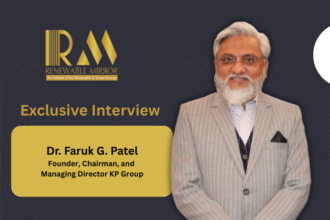- Arbon Cleantech has established a 5 GW fully automated manufacturing unit in Coimbatore. Could you walk us through the unique features and technological advancements of this facility?
We have built one of the most sophisticated and advanced auto-lines in the country for smart AI-driven manufacturing of Solar PV Junction Box, keeping in mind our commitment to deliver quality-first products to our customers, who are also increasingly (and rightfully so) demanding that their materials be produced through robust resilient production systems.
Everything from raw material stock feeding to wire harnessing to terminations are automated. There is no manual intervention in our facility, apart from parameter settings, machine monitoring and quality validations.
During the production itself, we have built-in various QC checks such as 100% diode testing, 100% pull test for connections, etc. All our products are photographed and our in-house AI engines segregate OK and Not-OK JB units on their own – apart from 100% visual inspection at every stage, initial filtering is done by the machines itself. All the QC data is stored against unique QR codes for each product coming out of factory, ensuring end-to-end traceability as well.
We have planned even further updates on our auto-line to bring down the rejections to the order of ppm, plugging leakages and improve yield.
- How does the in-house QC Reliability Lab enhance the quality assurance process for your junction boxes?
Arbon has setup one of the most comprehensive testing facilities for Solar PV Junction Box – as a matter of fact, we commissioned our QC Lab well before we even started erection of our main auto-line.
Arbon’s Head of Quality is an ex-NTPC professional, who has worked at very senior levels earlier and is a veteran of QMS, TQM and quality systems in the power sector.
Our QC Labs boasts of the state-of-the-art equipment such as Bypass Diode Thermal Test, Reverse Current Tester, IP68 tester, Combustible Chambers, Pull Tests, etc.
Through an organized Quality Assurance Plan and under ISO9001:2015 framework, we are able to conduct rigorous Incoming QC investigations in our Lab, ensuring we utilize only top-grade materials and it meets quality standards before production.
For Final QC, our Lab enables us to conduct thorough batch testing and ensure adherence to customer specifications. Our JB product is certified by TUV Rheinland as per IEC 62790 and we perform conformance assessment for every batch to ensure adherence to our certification.
The badge of quality we get from our QC Lab helps us to give confidence in our products to our customers.
- Your junction boxes support current ratings of 20A, 25A, and 30A. How does this range cater to the evolving needs of modern PV modules, including bifacial and TOPCon technologies?
With the fast-paced evolution of our customer’s solar technology stack, it is critical that the underlying solar accessories also keep up – it is imperative that the ecosystem as a whole move forward, advancements cannot be in silos.
We have been sensitive to this since day one – Arbon has designed its Junction Box and diode’s chip size and architecture with trench technology, as against planar or axial, to cater to presently relevant technologies such as PERC/ TOPCON/ bifacials as well as glass-to-glass/ glass-to-backsheet/ floating solar applications while also being future ready for technologies such as G12/ pervoskite/ Building Integrated PV/ flexible panels/ thin films etc.
Arbon’s Junction Box Model ACT9x Plus is designed to adapt to a wide range of futuristic technologies – ensuring our customers get a one-stop solution at Arbon when it comes to Solar PV Junction.
- Can you elaborate on how the implementation of the latest trench diode technology contributes to minimizing current leakages and power losses?
The bypass diode is the core of the Junction Box and the chip technology forming it determines its performance and life. Earlier generation axial diodes and planar diodes are not designed to keep up with the increasing module wattages and Isc – with increasing system current and power, it is imperative that Junction Box moves to Trench diode tech.
Simply put, trench diodes have more surface area leading to better heat dissipation – the wider safe operating area give it better robustness against thermal runaway, and lower drop voltages.
Also, Trench Schottky diode families achieve a well-balanced trade-off between Vf and IR compared to equivalent planar diodes, leading to lower forward drop voltage and leakage current.
- How does your connector design stand out in terms of durability, performance, and ease of integration with solar modules?
Arbon Connectors have both TUV Certifications as per IEC 62852 and UL Certifications, both markers of durability and quality. The crimping inside the connector and connector insertion and tightening is fully automated, ensuring robust connections.
The unique ratchet-free interlocking structure of our Connectors and the robust manufacturing of our connectors ensures nil probability of arcing or conductivity issues.
It is also critical to ensure compatibility of connectors – EPC players tend to use variety of makes in field for inter-connections and we have ensured universal compatibility across connectors such as Staubli, TE, Sinotech, etc.
- With your manufacturing unit located in Tamil Nadu, how are you aligning your operations with the state’s and India’s renewable energy goals?
Though the promoters have a background from Delhi, the intention of setting up Arbon’s maiden unit in Coimbatore, Tamil Nadu is to take advantage of conducive ecosystem available in Coimbatore with well-trained manpower, gender parity, industry-supportive environment for such automation facilities, and well-connected port facilities of Chennai, Cochin and Tuticorin.
To cater to pan-India module industry, we have opened offices in Bengaluru and Greater Noida and have plans to do so in other cities such as Surat – we are truly location agnostic and can serve our customers anywhere, anytime.
The one metric we are most proud of is that 70% of Arbon’s total workforce constitutes of women (65% in our core Production and Operations team). This is not the result of a targeted HR metric or a deliberate DEI policy but just an organic and inevitable outcome of a fair hiring practice without any bias.
- What are Arbon Cleantech’s long-term ambitions in the solar component manufacturing space, especially with regard to expanding product lines or capacities?
Within the JB product line, given the good market traction we are seeing, we will be expanding from 5 GW capacity to 15 GW within this FY. Apart from Coimbatore, we are planning to setup other manufacturing facilities in other parts of Tamil Nadu. We are also in discussions to become Junction Box OEM partner for a Tier 1 module manufacturer in the country.
We also be integrating backwards and explore diode manufacturing by FY27 – we are already in discussions with a leading semiconductor company in Taiwan for transfer of technical know-how.
As per our recent discussions with MNRE and BIS Committees (of which we are also a part of as Industry Members), we also expect both tariff and non-tariff protection to come in soon for accessories including Junction Box, further increasing the viability of such projects
It is unfortunate that we still continue to rely on imports for solar products like frames and solar glass. India has adequate resources and human capital to enable productions of the same indigenously in high volumes. We also have our eyes set on frame extrusion and glass manufacturing in our production facility.
The Sun sits loftily high up in the sky and it is only natural that Arbon, and our solar industry as a whole, as a homage to the Sun, also set our ambitions equally high!
















